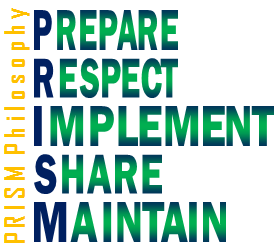I presented my research work in International Conference, describes the Leadership Style and Organisational Effectiveness in Delhi NCR. Attempt was made to determine if there is a significant relationship between leadership styles in relation to Organisation Effectiveness. A total of 67 randomly selected leaders from the Delhi NCR completed leadership style and Organisational Effectiveness questionnaires. The data indicates that in Delhi NCR: (a) leadership styles included directive, supportive, participated and action oriented leadership. The most common leadership style among is directive leadership style. (b) there is no relationship between directive leadership styles and organisation effectiveness. (c) There is no relationship between action oriented leadership style and organisation effectiveness.
Keywords: Leadership style, Organisation effectiveness
1. Introduction : Success or failure of organisations, is a result of both the leaders and followers’ roles (Avolio & Reichard, 2008). In management and organisational behaviour literature, the focus is largely on the concept of leadership (Shondrick & Lord, 2010). Dixon and Westbrook’s (2003) findings validated Kelley’s idea of the existence of leadership in all organisational levels. It is believed that a focus on leadership will enhance our understanding of the leadership process because the operation of each is dependent on the other (Henry, 2012).Paper focus on 4 style of Leadership
Directive leadership is task-oriented and includes setting performance goals and reviews, facilitation, discipline and rewards.Supportive leadership is people-oriented and describes a friendly and approachable leader who creates a pleasant work environment based on mutual respect, no hierarchy, and employee satisfaction. Participative leadership involves employees in decision making and encourages employee suggestions and involvement. Achievement-oriented leadership involves employee performance reviews, including goals, efficiency, improvement, responsibility and accomplishment. In this model, the relationship between style and effectiveness, relates to employee characteristics and the employees work environment.
Anubha Walia is an International Trainer, Facilitator and OD Specialist is a founder of Prism Trainings & Consultancy, specialises in Human Process Facilitation carries rich experience in Trainings & Quality. Her expertise includes Human Process intervention, Followership & Leadership, Team building and Quality Change Agent specialist. She is actively engaged in research work on Followership (first lady from INDIA) and associated with prestigious international clients in various Human Process Intervention programs specifically to improve the business performance, team building & workplace transformation, acquired proficiency on creativity and uses her potential to nurture clan and generation. https://sites.google.com/site/anubhawalia about.me/anubhawalia
If you want to read full paper, please mail me at anubha@prism-global.org. visit www.prism-global.org



No comments:
Post a Comment